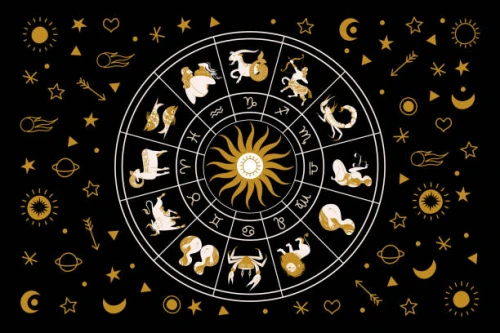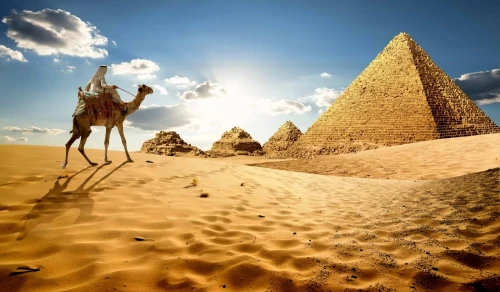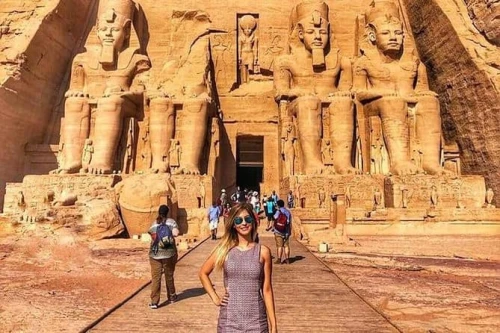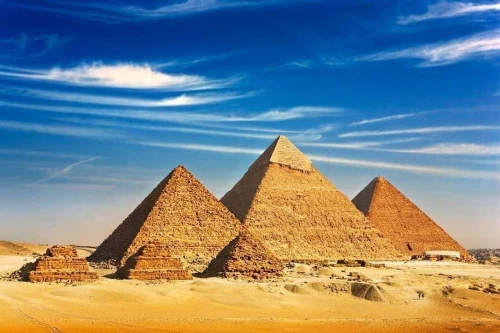
HOROSCOPE CALENDAR Ancient horoscope calendars told the Egyptians what to do on each day of the year. Unlike our modern horoscopes, which are individually based on birth dates and the position of the stars, everyone in ancient Egypt used the same horoscope calendar. If the calendar advised the people not to leave home on a particular day, then they would stay in their houses on that day. The Egyptian calendar had only three seasons:
1. Inundation, or akhet, when the Nile overflowed its banks and farmland was covered with water. This lasted from approximately June 21 to October 21. 2. Emergence, or project, when the water receded. This season lasted from about October 21 to February 21. 3. Summer, or home, from February 21 to June 21.
Each of these seasons had four months of 30 days each so there were 360 days to the standard year. While the Egyptians did not realize that the Earth rotates around the sun, they did know that a calendar of 360 days would soon be out of phase with nature; eventually, inundation would come during the dry season. To correct the discrepancy, the Egyptians added five days at the beginning of the new year, giving the true calendar 365 days. For the Egyptians, New Year's Day, called the opening of the year, dawned with an astronomical event that took place every June 21 in about 3000 b.c. The brilliant star Sirius became visible just before sunrise. The event was called "the going up of the goddess Sothis. In 1943, a rolled-up papyrus was purchased by the Egyptian Museum in Cairo. It was written in hieratic, a cursive form of hieroglyphs, and while portions of it had been eaten away by insects, it was clear that the papyrus dealt with the days of the year and what would happen on each day.
The title of the Cairo Calendar, as it has become known, is An Introduction to the Start of Everlastingness and the End of Eternity. Each day of the year includes a reading in about three sections. The first part states the day auspice: favorable, mostly favorable, very favorable, adverse, mostly adverse, or very adverse. Most of the days of the Cairo Calendar are either very favorable or very adverse. The second part describes the mythological event that occurred on that day. For example, if a day is said to be very adverse, this part of the reading will tell of a tragedy or violence that happened in the life of the gods, such as Horus fighting with Set and losing his eye. The third part of the reading advises one on how to behave depending on the result of the auspice and the mythological event.
On the day Horus eye is lost, a bad day, readers are told not to go out of the house. Some portions of the Cairo Calendar are difficult to understand because they mention many minor gods and because the calendar does not tell one sequential mythological story, in part because the papyrus is damaged and portions are missing. While the Egyptians did not follow our calendar system, an attempt has been made to reconcile the ancient with the modern. See the following page. The one-month calendar begins on August 1 because Sirius no longer rises on June 21, as it did in ancient times, but on August 1.
 English
English
 Spain
Spain












